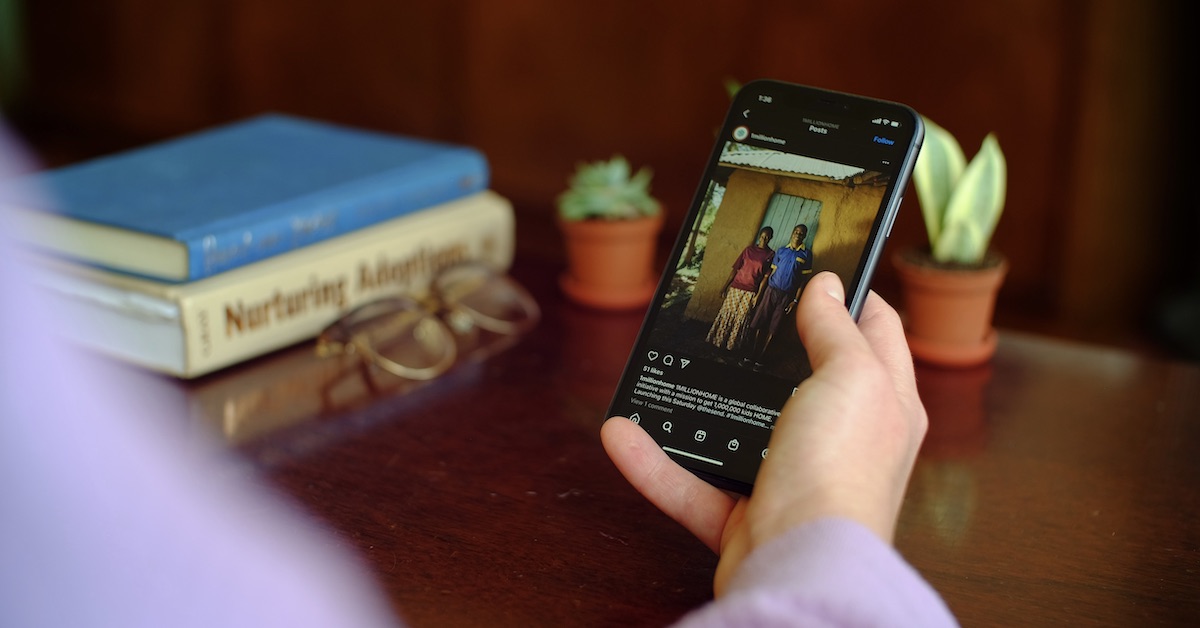
7 Ways To Be An Advocate For Orphans Right Where You Are
All I wanted to do was sleep.
They say teaching gets easier, but in early childhood education—you want to nap as hard as the kids do. Daily. Instead, I had an extra staff meeting on child protection policies. The intense, gritty part of childcare.
As I waited for our meeting to start, I scrolled. And there they were again—snapshots of people smiling with children across the globe.
Remember how you wanted to be an advocate for orphans, not get stuck in endless staff meetings?
All my students had a home, with parents or family to care for them. It’s not the case for every classroom in New Zealand, but it was for us. My students were safe—not orphans living on the streets.
But as I drove home, trying to stay awake, it hit me.
What if my staff meeting was what advocating for vulnerable children looked like for me, right now? Learning how to keep kids safe—wherever I am. And I realized how much I can do, right where I am.
What about you—are you haunted by the work you dreamed of doing? Feel stuck where you are? It’s time to remember how much you can do.
So here’s 7 ways you can be an advocate for orphans, right where you are.
1. Show up, right where you are.
It’s easy to scroll through all the places you aren’t. But wherever you end up in the world, you’ll hit a point where you’re just living daily life. Advocating for vulnerable children is going to look like sweeping that floor or finishing that admin task on time. So right now, you can work out that muscle of “showing up”—which means you'll have a way larger capacity for your future.
2. Get a fresh perspective on the work you’re already doing.
I was a preschool teacher and didn't get how it connected to the orphan crisis. Sometimes you just need one step back—or for me, a car ride—to realize the work you’re already doing matters. It connects more than you know. Giving children a home takes everyone—social workers, electricians, students, software developers. So take a look at your daily life again. You may be an advocate and don't even know it.
3. Learn more with the time you have.
What are you passionate about? Where do you want to go? You’re not stuck. Get ready, with however much time you have. Watch documentaries about supporting vulnerable children. Talk to a foster family about their experiences. Do an online course about family reunification. You can learn more than you realize, even in ten minutes. Over time, it adds up!
4. Find an organization that advocates for children.
Get out there, even if it’s once a month. Find an organization near you (or travel, if you can!) that advocates for family preservation. Sometimes your strengths are needed—sometimes you need to get stronger in an area you didn’t expect. I first heard about 1MILLIONHOME in 2019, watching The Send online. I learned, on average, 80% of orphans worldwide actually had parents or family willing to care for them. I ended up writing a blog post about it, while working a full-time job. I had way more to offer than I realized—and that was only the start.
5. Give what you can, not what you “should”.
One of the biggest things that stops me from giving financially, is how much I think I “should” give. So many times, I get embarrassed that I can’t do more. Literally, all the time. I know how huge the crisis is, but I can’t do what I’d want to—so I end up procrastinating and giving... nothing. That was until I found out how far $1 really goes. And when organizations like 1MILLIONHOME and their partners shift the money from institutions, to supporting children in families, donations actually go ten times farther. So take a moment, and give even a dollar—it does more than you know.
6. Become an advocate on social media.
The “orphan crisis” is actually a family separation crisis. You know that now—so don’t underestimate how much your voice matters. Even though everyone knows children belong in families, they still don’t know how family reunification is possible worldwide. Even just sharing a blog post or a video clip can change that. Remember—you have one of the greatest advocacy tools at your fingertips.
7. Dream bigger than what seems "possible".
When I was teaching, my options seemed pretty limited. I loved it—and I discovered advocacy can take many forms. But that's not the end of the story. Six months after that staff meeting in New Zealand, I'm typing this blog post in Mexico. This is only one of the places I'll be traveling to as I learn how to effectively advocate for children and families.
So, go ahead—dream, however impossible it seems.
Change starts now, right where you are.
Discover even more ways to be
advocate right where you are:
 ABOUT THE AUTHOR
ABOUT THE AUTHOR
Kayla Norris is the Digital Communications Coordinator for 1MILLIONHOME. She has a Bachelor of Education (Primary) and works with organizations in media and writing. She is currently based in Kona, Hawaii.
www.kaylanorris.com
@kaylanorrisart
